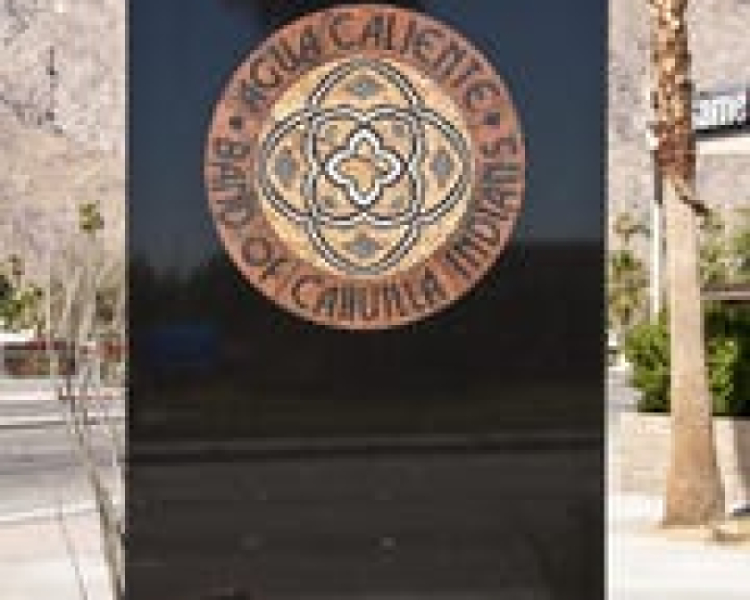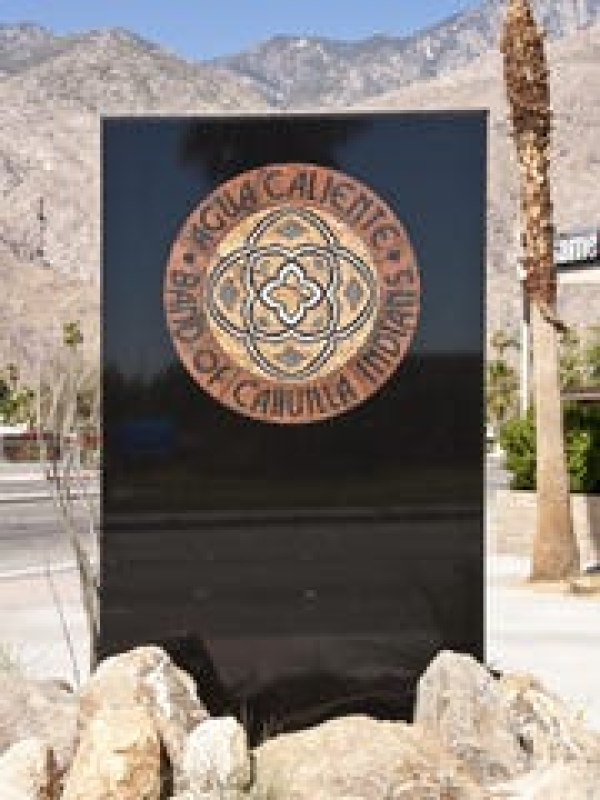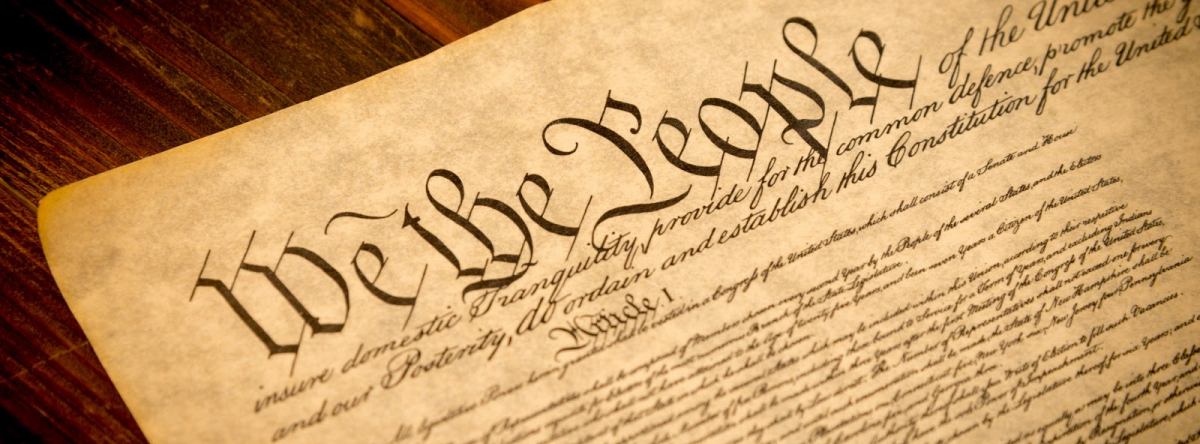Tribe lawsuit sought to block county of millions of dollars of taxes on tribal leased land
By Amy DiPerro Palm Springs Desert Sun May 6th, 2019
A federal appeals court has ruled in favor of Riverside County in a lawsuit that sought to block the county from collecting taxes from leaseholders on portions of the Agua Caliente Reservation.
The Ninth Circuit Court of Appeals in January affirmed a federal district court's 2017 decision upholding the county’s right to collect taxes from non-Indians who lease land held by the United States in trust for the benefit of the Agua Caliente Band of Cahuilla Indians or the tribe’s members and their successors.
At stake in the dispute is about $30 million in annual revenue, according to the county, collected from taxpayers on both Agua Caliente and Colorado River Indian lands — money that currently funds local schools, cities and county services. The Agua Caliente have enacted their own tax, but have suspended it to avoid collecting the same tax twice.
The appeals court on March 6 declined a petition from the Agua Caliente to rehear the case, giving the tribe 90 days to file a petition with the Supreme Court to review the appeal court's decision.
The Agua Caliente’s lawsuit disputed the legality of the county's 1% possessory interest tax, which applies to people leasing Indian trust lands. The tribe argued that the county tax violates federal law, reduces the tribe's potential tax revenue and impinges on its sovereignty. The county, joined in court by the Desert Water Agency, contended that federal law cited by the tribe does not apply to the tax.
Two state court cases brought by groups of individuals seeking refunds of possessory interest tax are still pending. The first, originally filed in 2014, is pending in the California Court of Appeal after the county prevailed in Riverside Superior Court. The second is active in Riverside Superior Court, where a court in April issued a tentative decision concluding that the taxes are not preempted by federal law.
An appeals court has decided in favor of Riverside County in a lawsuit that sought to block the county from collecting millions of dollars in taxes from non-Indian lessees on portions of the Agua Caliente Reservation. (Photo: Desert Sun file/Courtesy of Jim Kresge)
The Agua Caliente reservation covers more than 31,000 acres of land, according to the tribe. Much of the land is held in trust for the benefit of the tribe and its members by the federal government. The tribe has said there are about 20,000 land leases on 4,300 acres of Agua Caliente Reservation Indian trust lands.
Riverside County argued in court that an inability to tax possessory interests would leave a gaping hole in local government budgets. The county calculated that it collected approximately $22.8 million in revenue from the tax in fiscal 2014, money which is distributed to cities, public districts and to the county itself.
According to the county, in 2014, most of the revenue was used to fund education, including school districts in Palm Springs. That same year, a $3.3 million slice of the revenue funded services like fire protection and emergency services, the county's legal filings noted. Palm Springs, Cathedral City and Rancho Mirage received $4.1 million.
Counting taxpayers on both Agua Caliente and Colorado River Indian lands, county spokesperson Brooke Federico said possessory interest tax revenue is at least $29 million per year.
Kate Anderson, director of public relations for the Agua Caliente Band of Cahuilla
directed The Desert Sun to court filings in response to questions about the litigation and confirmed that the tribe has not filed a petition with the Supreme Court. Legal counsel for the tribe did not respond to messages seeking comment for this story.
In 2014, the Agua Caliente sued Riverside County, as well as the county's assessor, auditor-controller and treasurer-tax collector in federal court, seeking to preempt the county from collecting possessory interest taxes. DWA entered the case as a third party intervenor in support of the county soon afterward.
When it announced the lawsuit, the tribe issued a statement declaring possessory interest taxes "unlawful," and that they "infringe on Tribal sovereign rights."
"Riverside County uses the money collected on the Reservation to benefit people living in other cities and areas far away from where the taxes are collected," Agua Caliente Chairman Jeff Grubbe said in the statement. "The Tribe's desire is to keep tax money within our community to service the Coachella Valley."
In June 2017, the U.S. District Court ruled against the tribe and in favor of the county and DWA, prompting the Agua Caliente to appeal.
In a December 2017 appeal brief to the Ninth Circuit, the tribe argued the tax is unlawful because land held in trust by the federal government for Indian tribes is exempt from state and local taxation. The tribe's legal filings asserted that federal and tribal interests in the land outweigh the county’s interest and asserted that the tax interferes with the Agua Caliente’s ability “to have its land governed by laws of its own making and to enforce those laws free of state interference.”
The brief outlined how the tribe has enacted ordinances — including its own possessory interest tax, which the tribe has voluntarily put on hold to avoid double taxation — as well as how it provides public services on Indian trust lands. The tribe maintained that the county’s possessory interest tax is “disconnected” from services provided to the reservation, since the revenue funds services throughout Riverside County.
In a reply brief, the county contended that its tax is not preempted by federal law and does not interfere with the tribe’s self-government. The tribe “provides very few governmental services to trust land,” the county emphasized, while “all taxpayer-lessees indisputably benefit from the governmental services (possessory interest tax) revenues fund.”
In its appeal brief, DWA said not charging possessory interest tax to non-Indian lessees amounted to “a free ride at the expense of other taxpayers,” for services like water.
The National Congress of American Indians and the National Intertribal Tax Alliance each filed amicus briefs in support of the Agua Caliente. The California State Association of Counties and the International Municipal Lawyers Association filed a joint amicus brief in support of Riverside County.
In January, a Ninth Circuit panel affirmed the district court’s opinion and in March denied the Agua Caliente’s petition to rehear the case. Under Supreme Court rules, the tribe has 90 days from the denial of the rehearing to petition the Supreme Court to hear the case.
A case brought by taxpayers seeking a refund of the county's possessory interest tax is on appeal in state court.
A separate case, in which a second group of plaintiffs also seek a tax refund from Riverside County, is pending in Riverside Superior Court. Jerome Miranowski, an attorney with Faegre Baker Daniels representing the plaintiffs, said his clients are reviewing an April 24 tentative decision favoring the county and "in all likelihood will appeal."
Share This Post...











